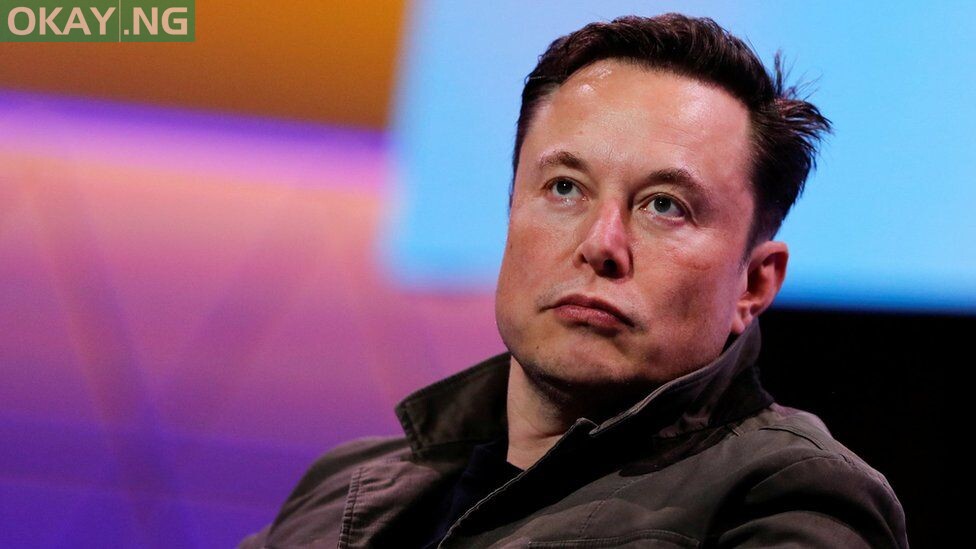In a significant escalation of their legal battle, OpenAI has filed a countersuit against Elon Musk, alleging “harassment” and dismissing his claims of breached founding agreements. The move follows Musk’s initial lawsuit asserting that OpenAI has deviated from its original mission of developing artificial intelligence for the benefit of humanity.
OpenAI, in its legal response, contends that Musk’s claims are baseless and designed to disrupt the company’s progress. “We find his claims to be unfounded, and his actions, frankly, to constitute harassment,” stated a representative from OpenAI, as indicated in court documents. This countersuit seeks to address what OpenAI views as a campaign of disruption and misrepresentation.
The core of Musk’s lawsuit centers on his belief that OpenAI, particularly through its partnership with Microsoft, has shifted its focus towards profit-driven AI development, straying from its non-profit roots. He argues that this shift violates the founding agreements he was part of.
However, OpenAI’s countersuit paints a different picture. They emphasize the necessity of their partnership with Microsoft to fund and scale the complex and expensive research required for advanced AI. “The financial realities of cutting-edge AI research necessitate strategic partnerships,” explained a technology analyst, “and this is a common practice in the industry.”
OpenAI’s legal filing also includes historical context, pointing out Musk’s initial desire for full control of the company, a request they declined. “We believe our current structure, which prioritizes safety and broad benefit, is the most responsible path forward,” the company stated in court documents.
Read Also: SoftBank Leads $40 Billion Funding Surge into ChatGPT Maker OpenAI, Valuation Soars
This legal battle has significant implications for the future of AI development. It raises crucial questions about the ethical considerations surrounding AI, the role of corporate partnerships, and the balance between innovation and public benefit.
“What is at stake here is not just a legal dispute between two powerful entities, but also the direction of one of the most transformative technologies of our time,” said a legal expert specializing in technology law. “The outcome of this case could reshape the landscape of AI governance.”
The countersuit also brings into question the level of influence and control that early founders should retain over companies that evolve significantly. Musk himself has not released a public statement regarding the countersuit as of this article’s writing.
As this legal drama unfolds, it is clear that the debate over AI’s purpose and its responsible development will continue to be a central topic in the tech world. The legal proceedings promise to be closely watched by industry leaders, policymakers, and the public alike.
This case serves as a stark reminder of the complexities inherent in pioneering technologies and the challenges of maintaining ethical integrity in a rapidly evolving field.













